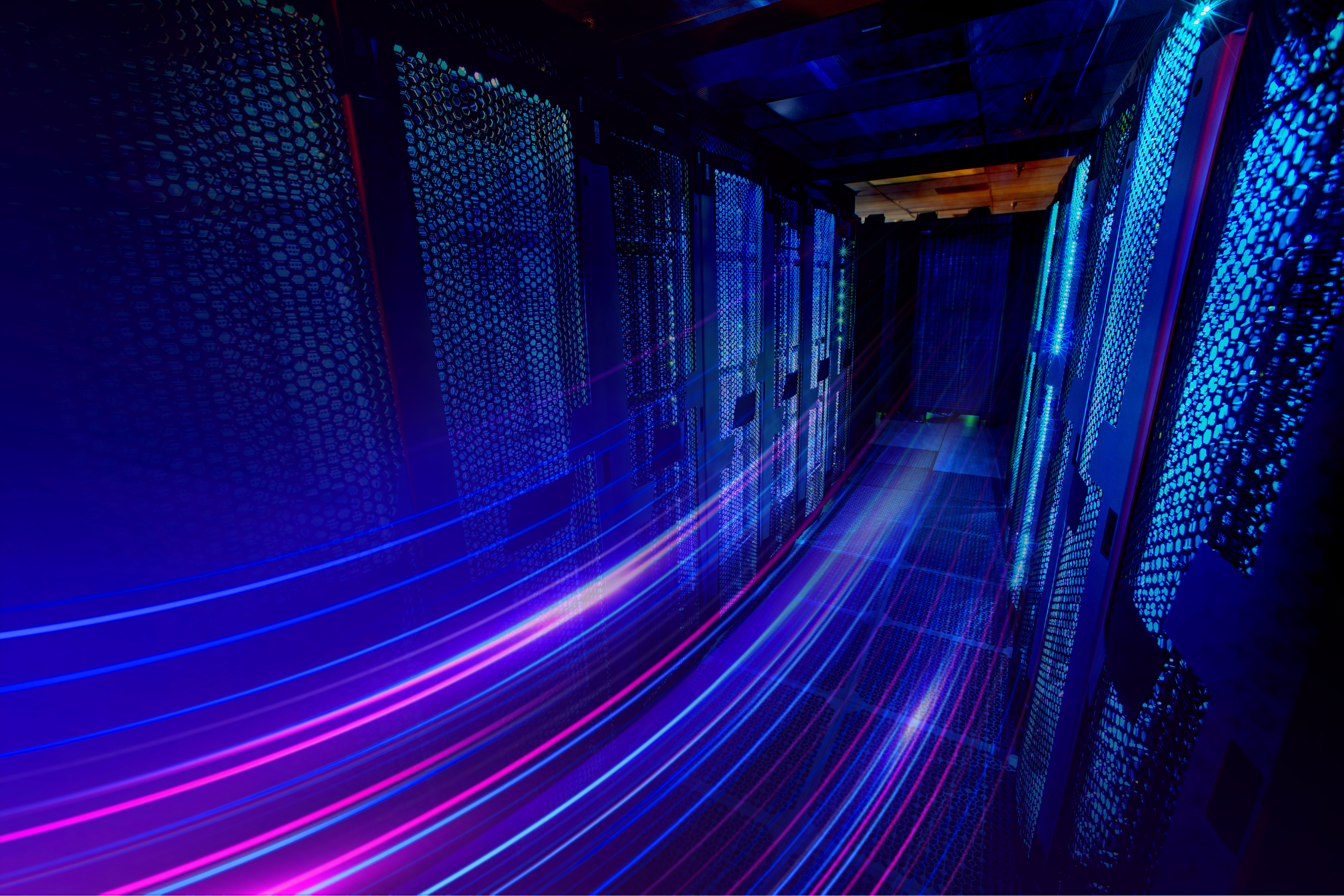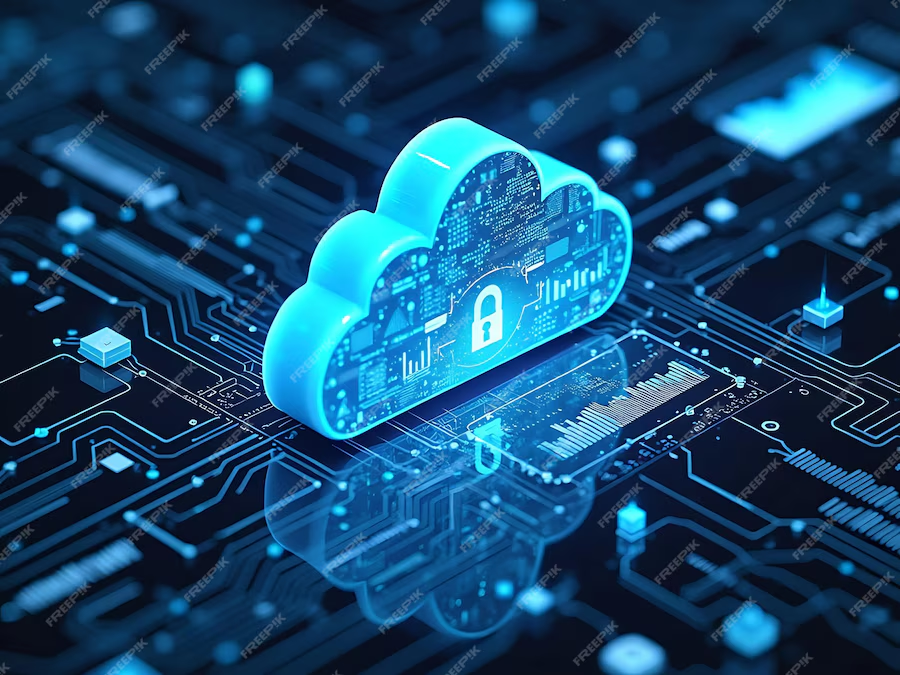 Contact Now
Contact Now
 Contact Now
Contact Now
Menu
Why You Need an ERP System & How to Choose the Right One
24.03.23 | CSI Technologies
Enterprise resource planning (ERP) systems are an essential part of modern enterprise infrastructure. An ERP system is a software solution that helps companies manage their business operations by providing real-time visibility and control over core business processes.
ERP stands for Enterprise Resource Planning. It is a software solution that integrates various business functions such as finance, human resources, manufacturing, supply chain, and customer relationship management. The main goal of an ERP system is to provide a consolidated view of business operations across an organization for easier management and informed decision-making.
ERP systems work by providing a central database that collects data from various business functions. The data is then processed and analyzed to provide insights and support decision-making. By integrating various business functions, ERP systems provide a comprehensive view of a company's operations, which helps identify inefficiencies, streamline processes, and reduce costs.

A company may understand that it needs to use an ERP system when it experiences the following challenges or issues:
1. Lack of visibility and control: If a company is struggling to get a comprehensive view of its operations, it may be an indication that it needs an ERP system. Without a unified system, businesses may manage different aspects of their operations in separate silos, leading to inefficiencies, errors, and data inconsistencies.
2. Manual processes and data entry: If a company relies heavily on manual processes and data entry, it may be an indication that it needs an ERP system. Manual processes can be time-consuming, error-prone, and hinder decision-making.
3. Limited reporting capabilities: If a company struggles to generate real-time reports and insights, it may be an indication that it needs an ERP system. ERP systems provide a central database that captures data from different business functions, which can be processed and analyzed to generate insights and support decision-making.
4. Difficulty in managing growth: If a company is struggling to manage growth and adapt to changing business needs, it may be an indication that it needs an ERP system. ERP systems can provide scalability and flexibility, allowing businesses to adjust and adapt to changing market conditions.
5. Inefficient supply chain management: If a company is struggling to manage its supply chain, it may be an indication that it needs an ERP system. ERP systems can help optimize the supply chain by providing visibility and control over inventory levels, procurement, and logistics.
Selecting the right ERP system for a business can be challenging. Here are some factors to consider when evaluating potential ERP solutions:
1. Business needs: Consider the specific needs of your business, including the size of the organization, industry, and current systems and processes.
2. Integration capabilities: Ensure that the ERP system can integrate with other business systems, such as CRM, payroll, and inventory management systems.
3. Scalability: Choose an ERP system that can grow and adapt to the changing needs of the business.
4. User-friendly interface: Look for an ERP system that is easy to use and intuitive for employees.
5. Cost: Evaluate the costs associated with implementing and maintaining an ERP system, including licensing fees, implementation costs, and ongoing support and maintenance.

There are several benefits of implementing an ERP system, including:
1. Improved efficiency: ERP systems help streamline business processes, reducing the need for manual work and enabling faster and more accurate data entry.
2. Enhanced decision-making: With real-time data and reporting capabilities, ERP systems provide valuable insights that can help inform strategic decision-making.
3. Increased collaboration: ERP systems provide a unified platform that facilitates collaboration and communication across different departments and teams.
4. Improved customer satisfaction: ERP systems can help businesses better manage their customer relationships, providing insights into customer behavior and preferences.
Implementing an ERP system can be a complex and challenging process. Some common challenges include:
1. Data migration: Migrating data from legacy systems to the new ERP system can be time-consuming and complex, requiring careful planning and execution.
2. User adoption: Getting employees to adopt the new system can be challenging, requiring training and ongoing support.
3. Customization: Customizing the ERP system to meet specific business needs can be costly and time-consuming.
4. Integration: Integrating the ERP system with other business systems can be challenging, requiring careful planning and coordination.
5. Implementation timeline: ERP implementation can take longer than expected, requiring careful planning and project management.

ERP systems are an essential part of modern enterprise infrastructure. By providing real-time visibility and control over core business processes, ERP systems help companies increase efficiency, enhance decision-making, enhance collaboration, and improve customer satisfaction. However, implementing an ERP system can be challenging and requires careful planning and execution to address challenges in data migration, user adoption, customization, integration, and implementation timelines. When evaluating potential ERP solutions, companies should consider their specific requirements, integration capabilities, scalability, ease of use, and cost.
See what we can do for you when it comes to EPR solutions! Click here to learn more!
Follow us on Linkedin, don’t miss anything about CSI Technologies!
Keywords: #CSITechnologies #Technology #EPR #Solutions #Software #InformationTechnology #Consulting #MoveForward

Now Trending

Generative AI: Transforming Creativity, Customer Service, and Automation

Best Practices and Common Mistakes in Software Development

Why Cloud Migration is Essential for Modern Businesses

Custom Software Development: The Backbone of Growing Businesses
Let's Grow Together
Our mission is fully integrate CSI high-tech solutions into business areas and to reduce business disruptions to zero.
Contact Now